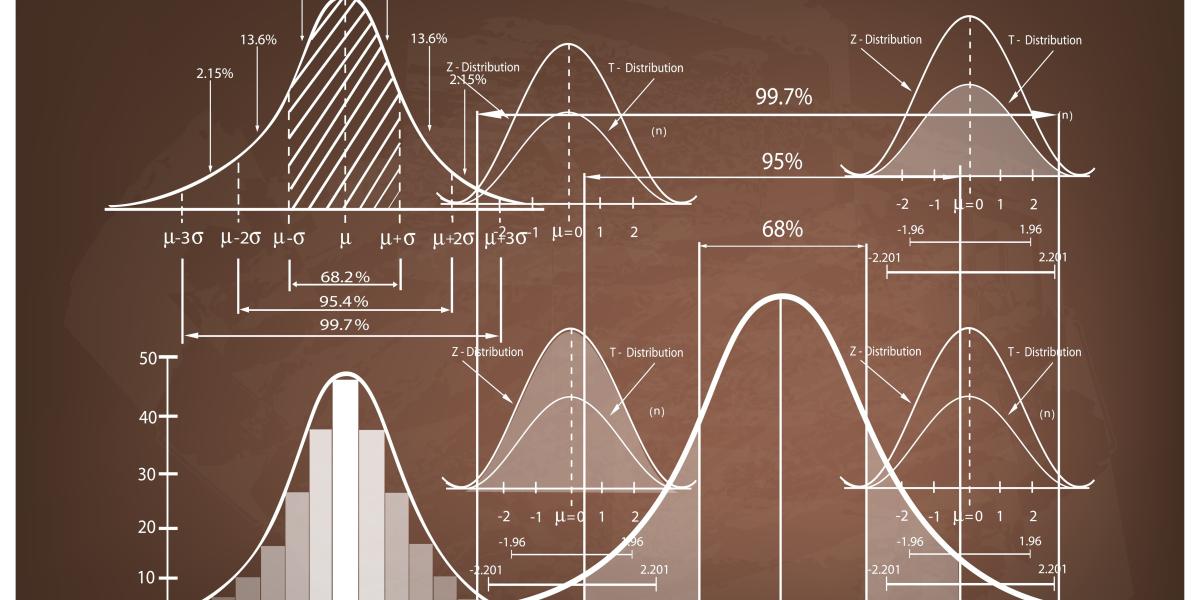In his day, Frédéric Bastiat (1801-1850) marveled at the “prodigious mechanism” by which Paris—a city of one million inhabitants in 1845—was constantly supplied with food without the intervention of any central planner. He attributed this spontaneous order to individual interest, “so active, so vigilant, so far-sighted, when it is free in its action.”
In this passage, from chapter 18 “There Are No Absolute Principles” of his Economic Sophisms, Bastiat offers us a perfect synthesis of his economic and political thought. In it, he develops his vision of individual interest, his wonder at the spontaneity of the market and the fundamental importance of voluntary exchange. This passage is a simple and brilliant defense of voluntary exchange and the catallactic virtues of the market, which form the basis of a society’s prosperity and “social harmony”:
On entering Paris, which I had come to visit, I said to myself—here are a million human beings who would all die in a short time if provisions of every kind ceased to flow toward this great metropolis. Imagination is baffled when it tries to appreciate the vast multiplicity of commodities that must enter tomorrow through the barriers in order to preserve the inhabitants from falling a prey to the convulsions of famine, rebellion and pillage. And yet all sleep at this moment, and their peaceful slumbers are not disturbed for a single instant by the prospect of such a frightful catastrophe. On the other hand, eighty departments have been laboring today, without concert, without any mutual understanding, for the provisioning of Paris. How does each succeeding day bring what is wanted, nothing more, nothing less, to so gigantic a market? What, then, is the ingenious and secret power that governs the astonishing regularity of movements so complicated, a regularity in which everybody has implicit faith, although happiness and life itself are at stake? That power is an absolute principle, the principle of freedom in transactions. We have faith in that inward light that Providence has placed in the heart of all men, and to which He has confided the preservation and indefinite amelioration of our species, namely, a regard to personal interest—since we must give it its right name—a principle so active, so vigilant, so foreseeing, when it is free in its action.
Frédéric Bastiat’s approach to individual self-interest is directly in line with the Scottish Enlightenment of the previous century. These thinkers—such as David Hume and Adam Smith—shared the belief that individual actions motivated by self-interest could lead to beneficial results for society as a whole.
Bastiat firmly believed that this “social harmony” emerges naturally from a natural law that precedes and supersedes all human legislation. These include the natural right to exist, voluntary exchange, and private property. Following in the footsteps of John Locke, he recognized the existence of natural rights in the conditions of human development, essentially that of property (starting with self-ownership) and its corollary, exchange. It’s worth noting this vision of natural law, on which Murray Rothbard also bases part of his thinking. He also recognized the importance of Bastiat and the French laissez-faire tradition as important precursors of the Austrian School and modern libertarianism.
However, Bastiat differs from purely rationalist thinkers, such as Hume and Smith, in that he incorporates a new dimension: that of divine providence, which guarantees the balance of individual interests. Bastiat thus differs from the more utilitarian and immanent vision of the Scots by integrating a sacred, providential, and transcendent dimension into the spontaneous institutions that enable individuals to cooperate. In this passage, Bastiat also shows us another aspect of his thought for which he was a precursor and for which he is still appreciated today—his systematic critique of political interventionism:
In what situation, I would ask, would the inhabitants of Paris be if a minister should take it into his head to substitute for this power the combinations of his own genius, however superior we might suppose them to be—if he thought to subject to his supreme direction this prodigious mechanism, to hold the springs of it in his hands, to decide by whom, or in what manner, or on what conditions, everything needed should be produced, transported, exchanged and consumed? Truly, there may be much suffering within the walls of Paris—poverty, despair, perhaps starvation, causing more tears to flow than ardent charity is able to dry up; but I affirm that it is probable, nay, that it is certain, that the arbitrary intervention of government would multiply infinitely those sufferings, and spread over all our fellow-citizens those evils which at present affect only a small number of them.
Here, Bastiat highlights the danger of economic planning by a central planner who—by virtue of his supposed “genius”—believes himself capable of properly distributing resources, or even deciding on production, and replacing the “prodigious mechanism” that keeps a capital like Paris fed on a daily basis. This mechanism is nothing other than the elusive multitude of individual interactions that take place thanks to the “freedom in transactions.”
Here Bastiat makes one of the first economic, not just moral, criticisms of political interventionism and socialism, which he describes as having “two elements: the frenzy of contradiction, and the madness of pride!” On these last points, Bastiat seems to be a precursor of Ludwig von Mises and Friedrich Hayek, who—a century later—would develop similar ideas on the impossibility of economic calculation under socialism and the dangers of centralized economic decision-making.
Bastiat also criticizes the “fatal conceit” of rulers who—lured by the arrogance of reason—believe themselves capable of shaping the world and the economy to their own liking. A hubris that prevents them from recognizing the complexity of the economic process, and which makes the individual alone—with his or her subjective needs—the beginning and the end of this process. In his time, Bastiat—like Alexis de Tocqueville—had already understood that socialism “send[s] civilization back.”


























